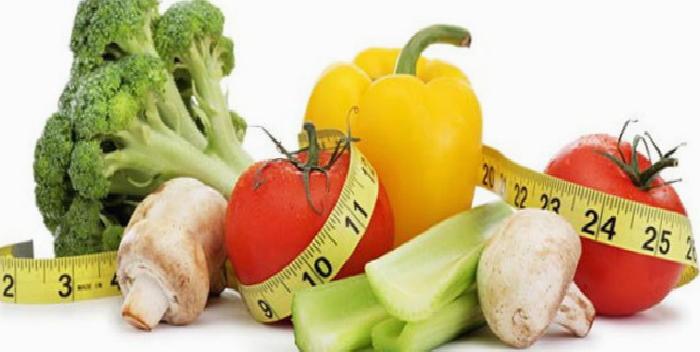A healthy diet is a sufficient and stable diet. For the cells that make up our body to work in an orderly and stable manner, we must get enough of the nutrients, namely fats, carbohydrates, proteins, vitamins and minerals. Our body needs all the nutrients. It is wrong to eat unilaterally, that is, to feed only with protein or carbohydrates. By eating a stable diet, we also get valuable nutrients such as vitamins, minerals and fiber.
Carbohydrates: These are the foods in the subset and should be consumed frequently. Carbohydrates are grains such as rice, bulgur, pasta.
Minerals:Necessary for a healthy life. Minerals (calcium, copper, iodine, iron, zinc, etc.) are found in vegetables and fruits, they are valuable for cell protection and healthy teeth, bones and skin structure. Minerals also play a role in many other regulatory functions such as heart rhythm, blood pressure, fluid stability in the body.
Proteins: It is very valuable in terms of strengthening the muscle tissue, which is the most effective calorie-burning part of the body. Protein is found in meat, dairy products and less commonly in cereals.
Fat-sugar: Fat and sugar are foods that should be consumed very little, but they are also very valuable for our health, as they carry valuable vitamins for our body, such as vitamins A, D, E and K. Oils and fats, sugar and sweets are included in this cluster.
Our eating habits are one of the elements that affect our mental and physical activities. An unhealthy diet causes a decrease in thinking and comprehension skills and memory loss. If you feel tired even though you sleep 8 hours a day, you get tired quickly in your physical and mental activities, and you see a decrease in your memory and mind, definitely review your eating habits and take a look at our offers below.
Stable Nutrition Offers:
Eat less foods high in saturated fat (butter, tail fat). Be careful. Consume low-fat milk, non-fat yogurt. Instead of fatty red meat, prefer lean meat, dried legumes (such as chickpeas, lentils, beans), fish and chicken. Milk and dairy products (yogurt, cheese, etc.) should also be consumed, but care should be taken that they are low-fat.
Very sugary foods should be avoided and even beverages such as tea and coffee should be drunk without sugar or the amount of sugar should be reduced.
The daily amount of salt we get from food should not exceed 6 grams (one dessert spoon). This measure includes the measure of salt we get from food, bread and drinks. There is a correlation between salt consumption and high blood pressure. Those with high blood pressure should either not use any salt or reduce the amount according to the advice of their doctors.
Start your day with your breakfast. Since there is no nightly food intake, your brain needs power when you wake up in the morning. Then, spreading your food intake throughout the day, starting with breakfast, causes you to burn more calories. Determine your meals in advance. If possible, divide what you eat into 3 main meals and 3 snacks, and eat less and often. Drink plenty of water and chew your food adequately. Leave 1/3 of your stomach empty each time you eat. A full stomach causes our health to deteriorate over time and causes premature aging. Do not fill your stomach with solid foods. It becomes difficult for the stomach contents full of solid foods to deliver the necessary juices to all parts of the stomach, and digestion becomes difficult. Those who eat regularly eat more consistently and healthily and maintain their ideal weight.
One of the most precious power resources required by mental activities is fruits. The only power of the brain other than oxygen is glucose. Glucose is readily available in fruits. Sugar taken from other foods is converted into glucose by burning in the stomach. For this reason, we should eat the fruits on an empty stomach. Fruits should be taken 30 minutes before or 3 hours after meals. Fruits taken when the stomach is full will stay in the stomach and lose their nutritional cost and ferment there, thus tiring our entire digestive system.
10 million cells die per minute in our body and as many are renewed. In an average of 100 days (excluding brain and border cells), our whole body is renewed. Irregular bad nutrition disrupts the renewal system. Your skin loses its vitality and freshness, and most importantly, you become vulnerable to diseases. Fatigue, tiredness, headache may occur. The intention and memory system becomes blurred. For these reasons, we should pay attention to a systematic and healthy diet and adopt the view that we should not live to eat but only eat to live.

